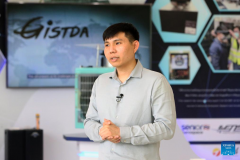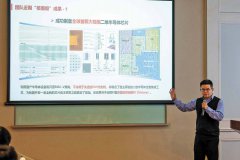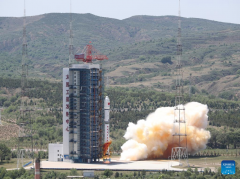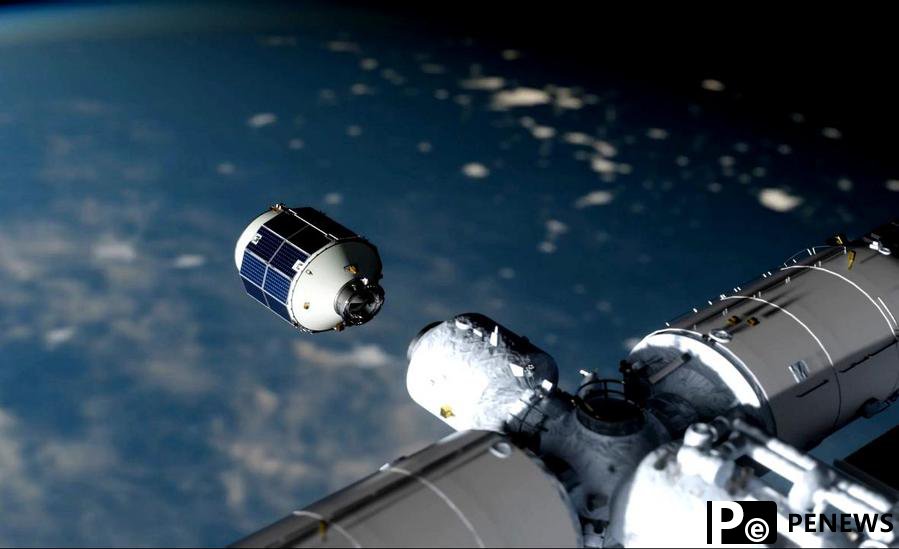Home>>
Teen AI academies pave way for China's next-gen innovators(Xinhua) 09:49, April 23, 2025
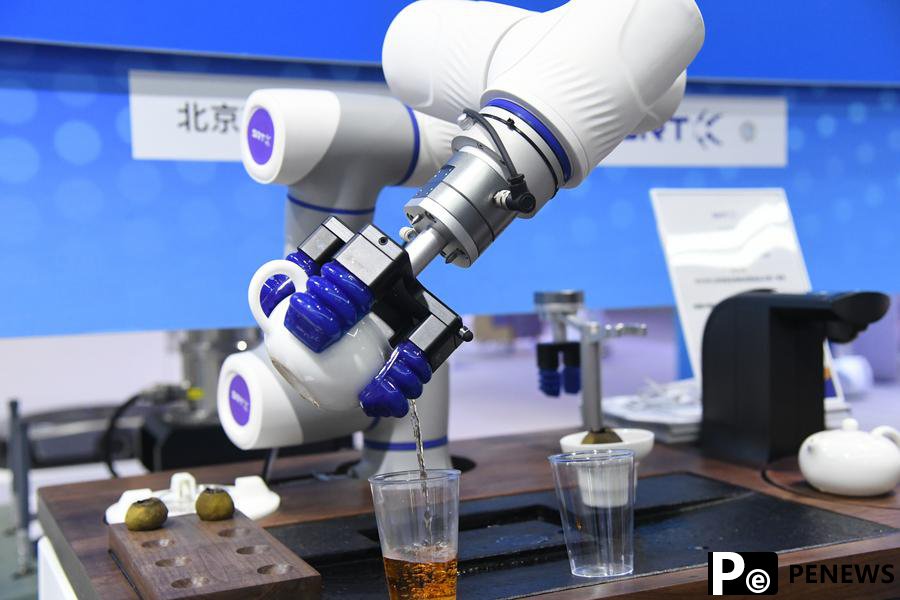
This photo taken on April 28, 2024 shows an intelligent interaction tea art robot platform during a permanent exhibition at the Zhongguancun Exhibition Center in Beijing, capital of China. (Xinhua/Ren Chao)
BEIJING, April 22 (Xinhua) -- With the launch of groundbreaking artificial intelligence (AI) academies for teens in major cities, China is poised to shape the next generation of AI pioneers.
In a significant step forward, a teen-focused AI academy was inaugurated in late March in Beijing, as a collaboration between Zhongguancun Academy -- a higher education research institution dedicated to innovation in AI and interdisciplinary fields -- and local education authorities.
Designed to create a comprehensive AI talent development pipeline that integrates basic education, higher education, and industry practice, the Beijing Teen AI Academy (Haidian) plans to tap into faculty resources from 31 top universities across China.
As part of its programming, the new academy will guide secondary school students to participate directly in national-level research projects. It also leverages the innovation ecosystem of Zhongguancun -- often referred to as China's Silicon Valley -- to offer students opportunities to incubate entrepreneurial ventures.
The academy's launch follows the announcement of a similar initiative in Shanghai in August 2024. A teen AI academy will be established under a partnership between the School of Artificial Intelligence at Shanghai Jiao Tong University (SJTU) and the China Welfare Institute Children's Palace.
According to SJTU, full-scale programs of the academy are set to begin in the second half of 2025, with a focus on building foundational AI skills in young learners while piloting a new, continuous model for nurturing exceptional talent.
Beijing and Shanghai -- known for their deep pool of AI talent and top-tier universities -- are at the forefront of developing new education systems tailored to the intelligent era. Their endeavors come as China navigates a growing gap between the rapid advancement of AI technologies and the limited supply of qualified talent needed to keep pace.
E Weinan, a renowned academician at the Chinese Academy of Sciences, emphasized the urgency of the mission. "The era of intelligence will profoundly reshape how we think about research, education, and talent development," he said. "We need a broader base of leading talent. It's not enough to have just a few pioneers."
In higher education, elite universities, including Tsinghua University, Wuhan University and SJTU, are expanding enrollment in AI and interdisciplinary fields in response to surging demand. These moves align with national priorities to elevate the quality of undergraduate education and accelerate the development of world-class universities and academic programs.
SJTU has long been a pioneer in AI education. It was among the first Chinese universities to receive national approval for an AI major in 2019. Since then, it has expanded its program, establishing the School of Artificial Intelligence in 2024 and launching a PhD program in intelligent science and technology.
The university has also rolled out an AI minor open to all students, spanning disciplines from science, engineering, agriculture and medicine to humanities and social sciences.
Parallel efforts are unfolding in basic education. In the latest move, SJTU launched its AI Empowerment in Basic Education initiative on Sunday, aiming to identify and cultivate top talent from an early stage.
As part of the initiative, the university signed a strategic cooperation agreement with the education authorities of Shanghai's Xuhui District. The agreement outlines plans to jointly promote AI education in primary and secondary schools, support early-stage talent development, and develop intelligent educational tools.
In the country's capital, an AI experimental class project -- an early-stage talent training program -- has been running in Haidian District since 2023.
Jointly launched by local education authorities and Tsinghua University, the program introduces secondary school students to computational thinking, mathematics, programming, and AI fundamentals. Classes are held on weekends and holidays to accommodate school schedules.
In 2024, the program expanded its intake to 180 students, up from 120 in its inaugural year. The selection process is highly competitive, with only 11.76 percent of the over 1,500 applicants being admitted.
These local initiatives reflect a broader, long-term effort by Chinese educators and policymakers to strengthen policy support for building the AI talent pipeline from the ground up.
The foundation for this push was laid as early as July 2017, when the State Council released a development plan for next-generation AI. The document called for offering AI-related courses in primary and secondary schools.

